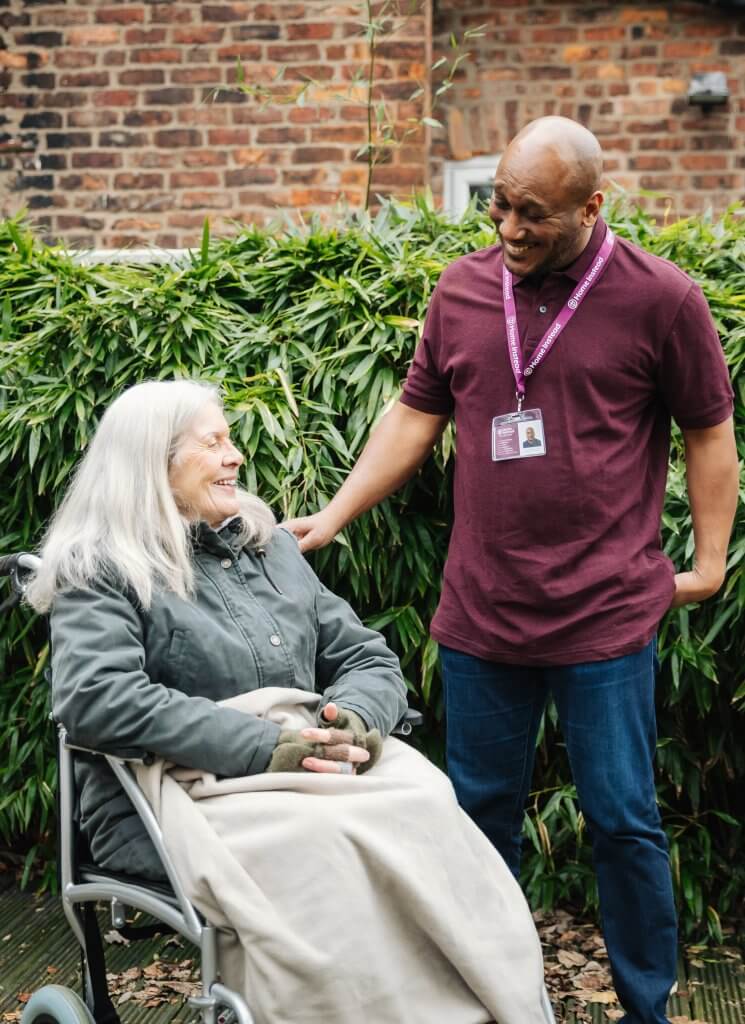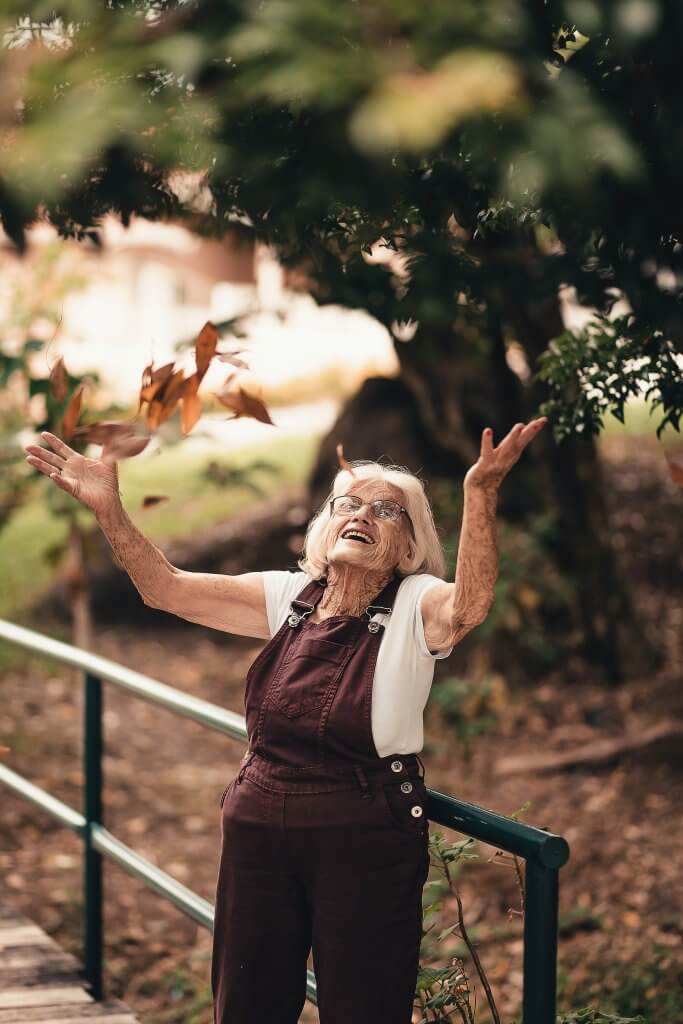Living positively after a cancer diagnosis – things to say, do and listen out for
When receiving a cancer diagnosis, it can feel overwhelming. There is a lot to consider; living positively might seem like a challenge, but it’s the best way to prepare for what’s ahead and give you the best chance of a good outcome. Here’s what to say, do and listen out for.
Things to say – it’s good to talk!
A serious illness can create powerful emotions and affect a person’s behaviour. After a cancer diagnosis, you may be irritable, upset or angry; you may cry a lot or withdraw, making it difficult to talk to those around you.
It’s very common to have various feelings, ranging from shock, denial and fear to sadness, anger, guilt and blame. There is no right or wrong way to feel, and you will cope with things in your own way.
Here are some ways you can deal with your feelings by talking:
- be honest about how you feel, and then you can work out ways of coping with things together.
- communicate with your loved ones.
- speak to someone not closely involved; this can be easier than talking to those around you. You could speak to a health or social care professional, a counsellor or people in a support group.
Talking about your feelings can help you stay in good mental health and deal with your diagnosis when you have times of feeling negative. It’s part of taking charge of your wellbeing and doing what you can to stay healthy.

Things to do
When a cancer diagnosis comes, there is a lot to consider, and one of those things is making sure that you have sufficient care planned out to keep you as well looked after as possible. So, it’s a good idea to sort out the practical, legal and financial aspects of your life to give you peace of mind. Some of these things may be uncomfortable to deal with but sorting them out in advance will let you focus on the best possible outcome.Make a plan and build your team; this should include the following:
- Learning more about your cancer, the treatment options and outcomes. The more you know, the less frightening things will feel.
- Planning for better nutrition, a healthy balanced diet and more exercise will help you feel better, stay more robust and give better treatment outcomes.
- Making advanced decisions about treatments.
- Planning your care and building your team. This may include loved ones and almost certainly professionals, including your GP, your Hospital Consultant, District Nurses, Macmillan or Marie Curie Nurses, Social Workers and Care Professionals.
- Putting in place a Lasting Power of Attorney (LPA) for financial decisions if you don’t want to or can no longer deal with your affairs takes 12 to 26 weeks and can be done at any time of life.
- Putting in place a Lasting Power of Attorney (LPA) also for health and care decisions.
‘Don’t let your imagination run away with you. A good rule of thumb is to stick to what you know is true. ’ – Cancer Research UK

Things to listen out for
Having a cancer diagnosis can be a lonely experience, and whilst talking and taking action helps, so does listening. It would help if you listened out for:
- Mental health issues – listen out for ‘negative self-talk’, when your inner critic tells you things are going badly or you can’t do something. Learn to ignore it; it will help you stay positive.
- Your body — be aware of changes of symptoms and how you feel. Tell your team if there needs to be an adjustment in your treatment.
- Those around you – listen out when they say they feel tired, worried, depressed or angry. Don’t expect them to be positive, happy and cheerful all the time while they support you.
- Nature – listen to the natural world around you and use it to create a feeling of connection and calm.
- Music – listen to music that helps you feel positive or entertains you.
- Podcasts – listen to podcasts, audiobooks, or radio programmes to help you feel positive, entertained or keep you well informed and connected.
Listening helps you stay connected and calm and reduces feelings of isolation and anxiety. This will help you stay positive.

Staying positive after a cancer diagnosis isn’t easy. However, there are so many things you can say, do, and listen out for that make a real difference to your wellbeing. There are plenty of people you can speak to who will make you feel better, and getting busy with practical things will help you cope, as procrastination can create anxiety and fear. Finally, make sure you listen out for the things that can help you stay connected and calm and reduce feelings of isolation and anxiety. Start your Home Instead journey today; talk to us about cancer care at home. Click HERE to fill out our contact form, and we’ll get in touch.